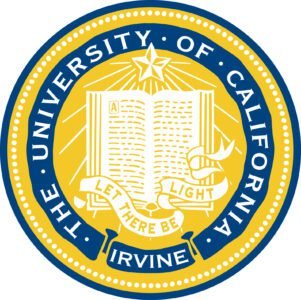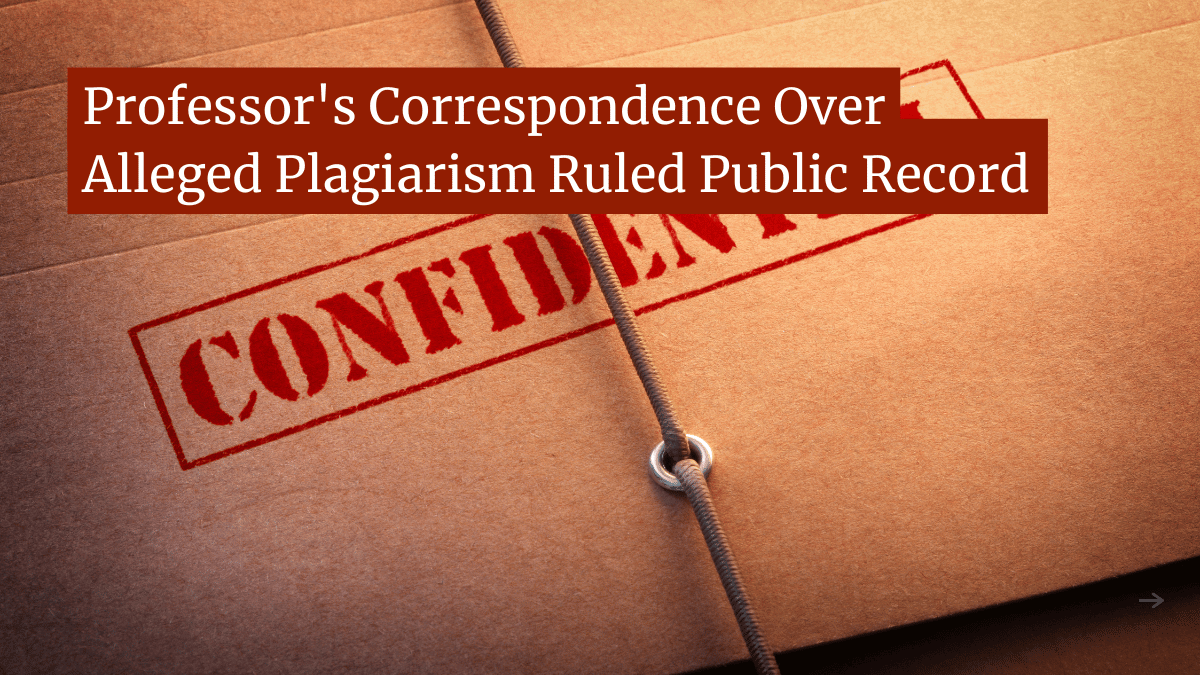Professor’s Correspondence Over Retractions Ruled Public Record

In August 2020, the research integrity website Retraction Watch published about then-University of California, Irvine (UCI) associate professor Constance Iloh.
According to the article, four separate articles published by Iloh had either been retracted or corrected by four separate journals. Two retracted or removed the articles, while the other two posted corrections.
The reason for this was, reportedly, an anonymous source that emailed the journals to alert them to issues of “plagiarism and misuse of references” in those particular works.
However, when Retraction Watch sought comment from Iloh, they were hit with legal threats from another employee at the school. The issue was raised with the school, with Kristin K. Quanbeck, the Associate Chancellor for Equal Opportunity and the Compliance Whistleblower Locally Designated Official for UCI, clarifying that the threats were “personal” and not made on behalf of the university.
Sometime around then, Retraction Watch’s publisher, Center for
Scientific Integrity (CSI), decided to file a request under the California Public Records Act (CPRA), seeking post-publication communication between Iloh, the University and the journals that retracted the article.
When UCI notified Iloh that they planned to turn over the documentation, she pushed back, saying that some of the requested records fell outside the boundaries of the law. Though UCI did remove some of the records, it began pressing forward with plans to disclose those that remained.
That prompted Iloh to file a petition with the court in April 2021, seeking an injunction barring the disclosure of those records. The lower court denied that injunction, but Iloh appealed to the Fourth Appellate District in the state.
In a decision dated January 13, 2023 (via), that court has affirmed the lower court decision, saying that the records were covered under the law and should be disclosed.
The decision could have a significant impact on research integrity in the United
States as it could open the doors for other researchers to obtain this kind of information down the road.
Public or Not Public
According to the ruling, Iloh’s protest of the disclosure primarily looks to the CPRAs catchall exemption. That allows agencies, like UCI, to withhold documents if, “on the facts of the particular case, the public interest served by not disclosing the record clearly outweighs the public interest served by disclosure of the record.”
According to Iloh, the disclosure of those communications would stifle her research and create an “intolerable danger to the freedom of intellect and academic expression.”
The court acknowledged that disclosing emails related to research could be problematic, and that the CPRA should not be a blank check for others to request research documentation.
However, the court found that argument was not relevant in this case as all the documentation sought was post-publication and would not deal with the research process, only the aftermath.
Further, the court agreed with CSI that there was significant public interest in understanding how UCI handles cases of research and academic misconduct. Couple that with the fact that Iloh was an employee of UCI at the time and that the publications were part of her employment with the university, the court ruled that the records should be disclosed.
As a result, the lower court’s decision was affirmed and the order granted CSI an opportunity to recover its costs on appeal.
Why It’s Important
The ruling only directly applies to California and the CPRA. However, the CPRA is based on the Freedom of Information Act, a federal law that was passed in 1966.
All other states have enacted some adaptation of FOIA, meaning that similar rules likely apply in other states.
However, as the court noted, their decision here was heavily fact-specific and changing just a few facts of the case or a few details of the law could result in a significantly different outcome.
That said, this is still a small ray of hope. Many times, when dealing with employees of schools who are caught violating academic or research integrity, getting details can be difficult.
While privacy issues are certainly understandable. Schools are often as protective or even more protective of their own faculty and staff than they are their students on such matters.
Though this could only ever apply to publicly funded schools, that still opens many doors for those wanting to learn more about how schools address these issues.
It may be a small victory in the big scheme of things, but it was hard won by the people at CSI and one that hopefully paves a path for others to follow.
Bottom Line
Obviously, reading too much into this case is difficult to impossible. Unlike copyright law, this deals with an issue of state law, meaning that applying it elsewhere could be very difficult.
Not only is the case very fact-specific, but every state will have its own quirks, differences in the language and application.
Still, the team at CSI and their lawyers fought hard for this victory and deserve credit for it. Other researchers that come behind this ruling will, hopefully, have a slightly easier time.
Because, at the very least, it points toward a direction that others can follow.
Want to Reuse or Republish this Content?
If you want to feature this article in your site, classroom or elsewhere, just let us know! We usually grant permission within 24 hours.
